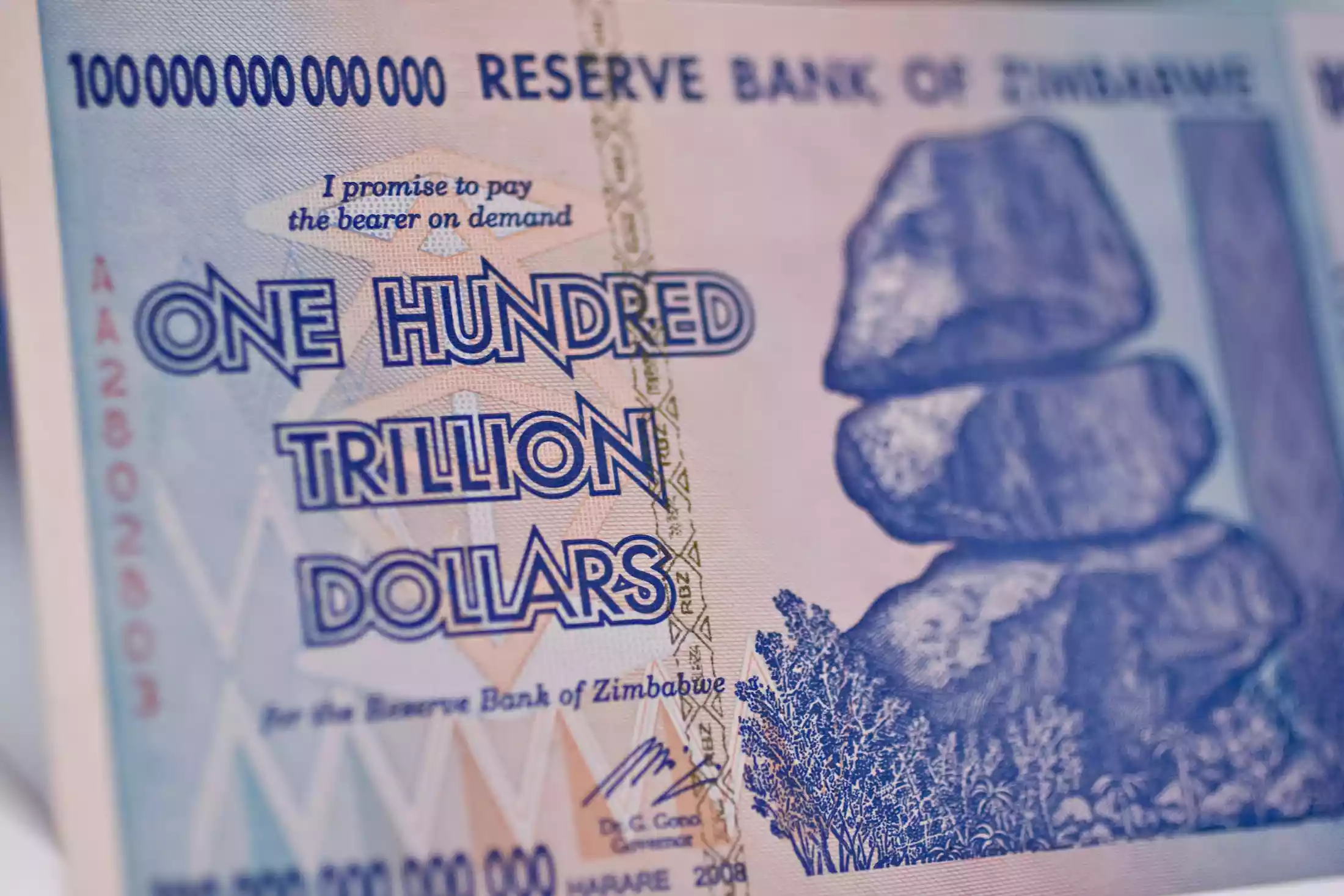
OUR lead story this week once again exposes government’s chronic failure to resolve a crisis that has hounded industry for decades.
What began as a policy misstep has, after 25 years of denial and drift, become a man-made inferno too hot to handle. The real tragedy is not abstract. It is written in shuttered factories, collapsing companies, and the growing despair of workers.
At the centre of this turmoil is a punitive taxation regime that has become the single most destructive headwind facing productive sectors.
From Zimplats to Innscor, from National Foods to Delta Corporation, the refrain is the same: government’s heavy-handed tax policies are suffocating business.
The injustice deepens when disputes spill into the courts. Companies are forced to pay first, argue later, while the Zimbabwe Revenue Authority (Zimra) — acting as both referee and player — decides the outcome.
Unsurprisingly, Zimra boasts an 80% success rate. But can all these corporates be wrong? Or has government weaponised tax law to tilt the field in its favour?
If the latter is true, the implications are dire. By bleeding the few remaining formal corporates, authorities risk extinguishing the very firms keeping the economy alive.
As stated by economist Gift Mugano: “The more they try to take money from this small cake - the formal sector — the more they will kill it. They are, in fact, already killing the formal sector.”
- Currency crisis hits capital markets
- We are climbing out of hard lockdowns, says Delta boss
- Currency crisis hits capital markets
- We are climbing out of hard lockdowns, says Delta boss
Keep Reading
We have seen this movie before. In 2008, one of Africa’s worst economic crises reduced Zimbabwean industry to rubble. That painful lesson appears forgotten.
Today, the tax regime is at breaking point. When blue-chip firms openly declare the fiscal environment unworkable, it is not boardroom theatrics but an alarm bell: the productive base is being strangled.
The issue is not taxation itself, but its execution — abrupt policy shifts, aggressive interpretations, and the “pay now, argue later” principle that drains company coffers long before justice is served.
This path is unsustainable. Firms cannot plan beyond the next tax notice. Arbitrary levies — from the 2% Intermediated Money Transfer Tax to the sugar tax — are passed to consumers, pushing up the price of bread, milk, and maize meal.
Ironically, this only fuels the informal economy, where compliance is near zero, while hollowing out the very tax base government depends on.
It does not have to be this way. A sustainable tax system must strike a balance: predictable rules, fair enforcement, and sector-sensitive obligations. Above all, it must broaden the base rather than endlessly milking the same few corporates.
Zimbabwe stands at a crossroads. Persist with this destructive model, and the formal economy will collapse, leaving Treasury with nothing to tax.
Choose balance, and sustainable revenues can be secured — without killing the goose that lays the golden egg.











